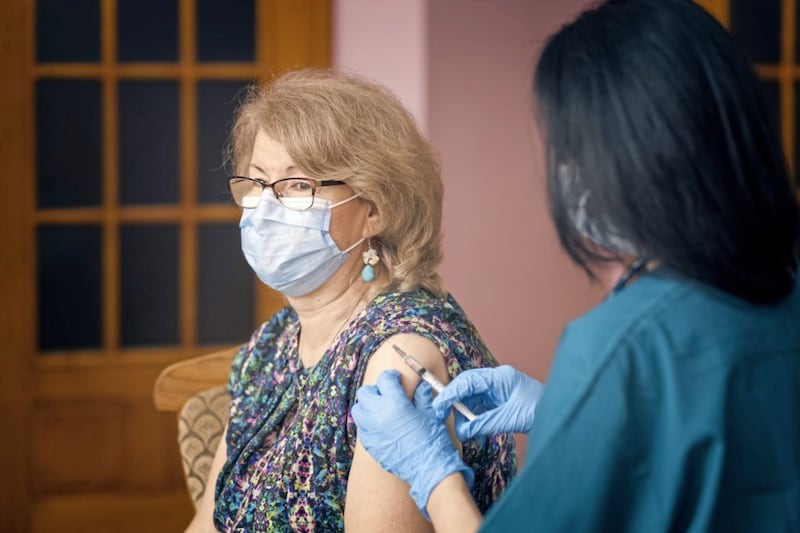ARE you one of those still waiting to hear about your second jab, with the clock ticking towards the 12-week timeframe promised?
After nearly 11 weeks, I’ve just had mine, but I know some readers (in certain parts of the UK) have waited longer than this, and are anxious about the delay.
Personally, I don’t think a longer wait between the two doses is a cause for concern. But I do fear the government has been bad at explaining why (and not for the first time).
When it announced that the second shot (a booster for greater immune protection) would be given after 12 weeks rather than four, this seemed arbitrary rather than based upon evidence – only further damaging the confidence of those unsure of the vaccine.
The fact is the immune system does not clock-watch. In the past, we gave injections to infants at three, six and nine months. Then it was changed to two months, with boosters at three and four months. The evidence showed that compressing the vaccine timings didn’t make them less effective or less safe.
The same applies for extending the schedule for Covid-19 immunisation. The first jab gives excellent protection; the booster reinforces that regardless of the timing. Indeed, research shows that with the AstraZeneca jab, immunity is much higher if given at 12 weeks or more (up to 91.7 per cent effective) than when given less than six weeks apart (69.7 per cent).
We don’t know yet if this is true for the Pfizer jab, but in my view it’s a fair assumption. Those concerned about a slightly longer wait should be reassured.
My greater worry remains about those who are eligible but haven’t had their first jab, and what can be done to turn the heads of anti-vaxxers. Shouting statistics ever louder is not the answer: we need clear explanations from our peerless chief medical officers.
© Solo dmg media








